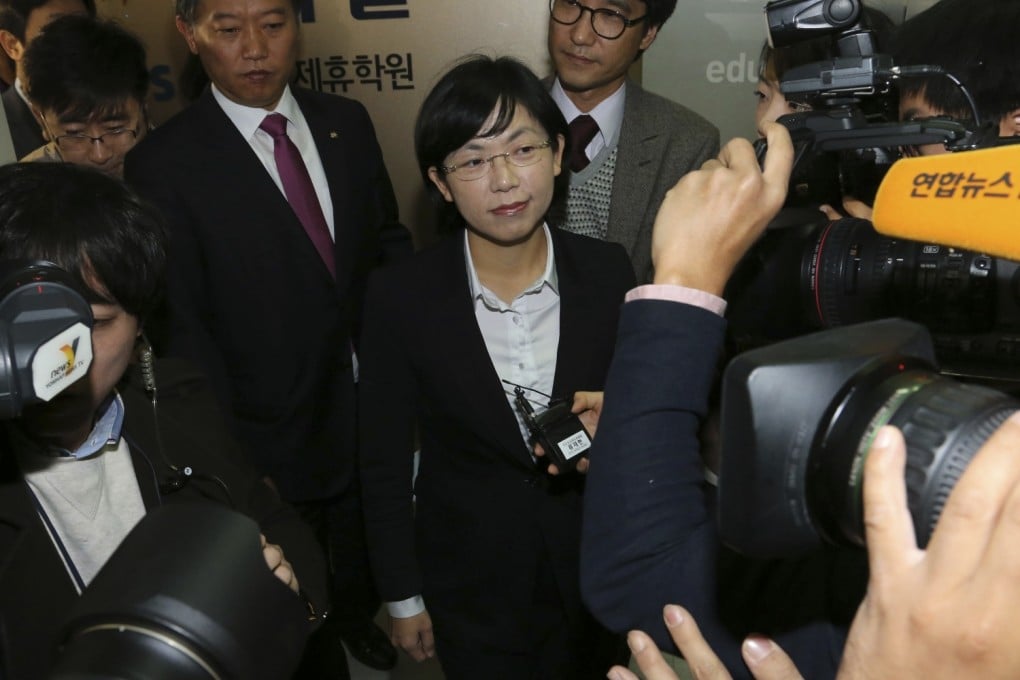
A far left-wing South Korean political party could be banned from contesting elections for its pro-North Korean stance in a move critics say smacks of President Park Geun-hye’s father’s suppression of democracy during his long stay in power.
The Unified Progressive Party (UPP), which holds six seats in parliament and has contested presidential elections, is widely seen as supporting the reclusive North’s political aims.
The two Koreas remain technically at war since the 1950-53 conflict ended in a truce rather than a peace treaty. North Korea conducted its third nuclear test this year in defiance of UN resolutions and has threatened the South and its major ally, the United States, with nuclear destruction.
Justice Minister Hwang Kyo-ahn said a request to disband the UPP would be submitted to the Constitutional Court.
The principles and objectives of the United Progressive Party are in line with North Korean-style socialism, which goes against the basic rules of free democracy
“We have concluded that the principles and objectives of the United Progressive Party are in line with North Korean-style socialism, which goes against the basic rules of free democracy,” Hwang told a news conference on Tuesday.